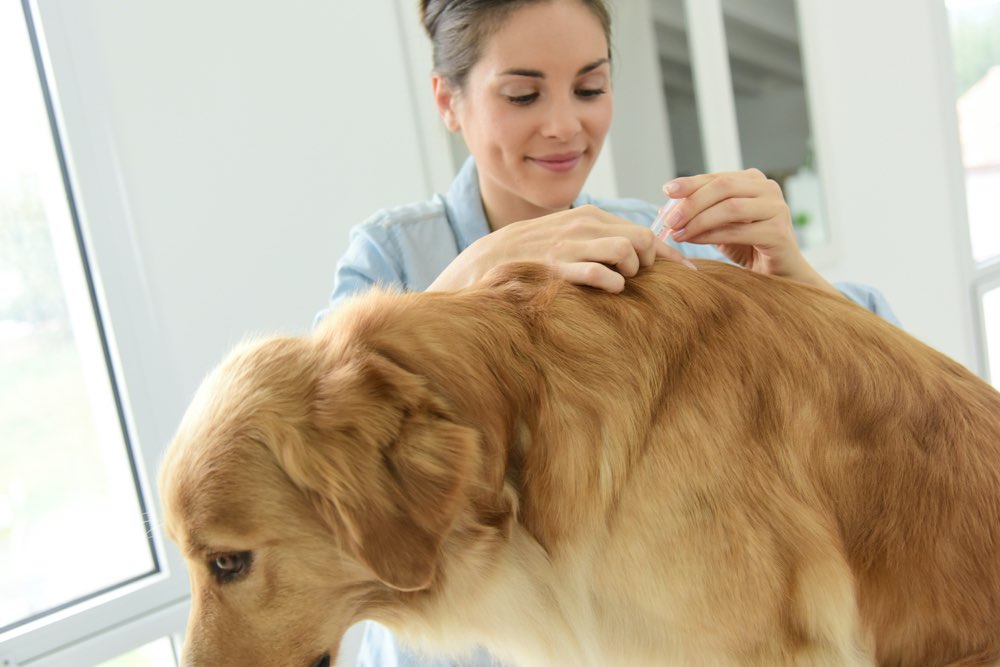Effective Techniques to Relieve Hiccups Naturally
Discover simple and effective methods to manage hiccups at home for all ages, including infants, adults, and pets. Learn quick remedies like drinking techniques, dietary adjustments, and comfort measures to alleviate hiccups naturally. Stay informed about when to seek medical advice for persistent cases and ensure your pet's health. Practical tips provided are easy to implement, making hiccup relief accessible for everyone.

Effective Techniques to Relieve Hiccups Naturally
Hiccups are sudden, involuntary contractions of the diaphragm followed by closing of the vocal cords, producing the familiar hiccup sound. While often harmless, persistent hiccups can cause discomfort or pain. They typically last a few minutes but can sometimes linger for hours. Rare cases involve hiccups lasting over a month, known as intractable hiccups. If infants or young children experience frequent hiccups, prompt intervention is recommended to prevent discomfort. There are multiple home remedies effective in stopping hiccups.
Managing hiccups in infants: While less common, hiccups in babies can occur. To help:
Pause feeding temporarily if Hiccups begin, then help the baby burp to release gas that might trigger hiccups.
Offering a pacifier can soothe the baby by keeping the diaphragm relaxed, reducing hiccup episodes.
Tips for adults to stop hiccups: Adults can try simple home remedies such as:
Drink water through a straw while covering your ears to disrupt the hiccup reflex, often effective after a few attempts.
Swallow a teaspoon of salt or sugar with a small amount of water. Combined with relaxed breathing, these can help stop spasms.
Hiccups in pets: Animals like dogs can also experience hiccups. To help:
Ease a distressed pet, monitor their food and water intake, and ensure vaccinations are up to date.
If hiccups persist or are frequent, consult a veterinarian to check for underlying respiratory or health issues.
Important Note:
This blog offers practical information across various topics. While the tips are based on research, they should not replace professional medical advice. The content aims to inform and assist; always consult healthcare professionals for persistent or severe symptoms. The site does not guarantee accuracy or cover all conditions or current offers.










